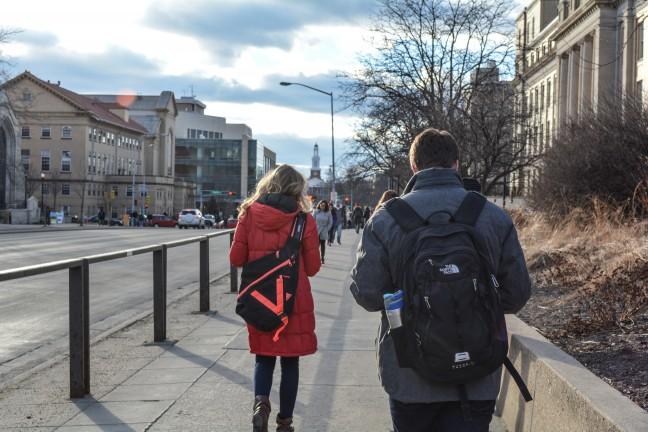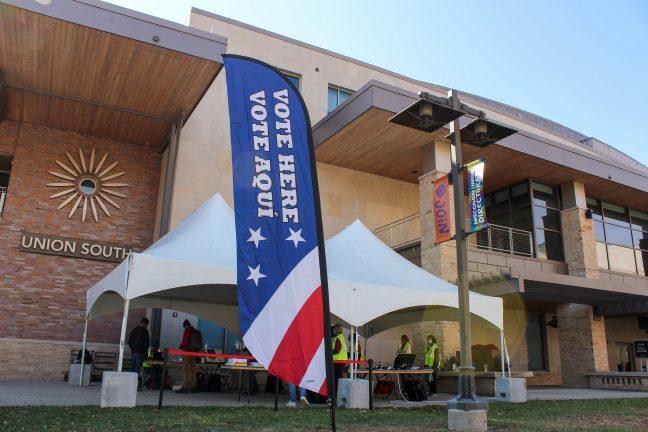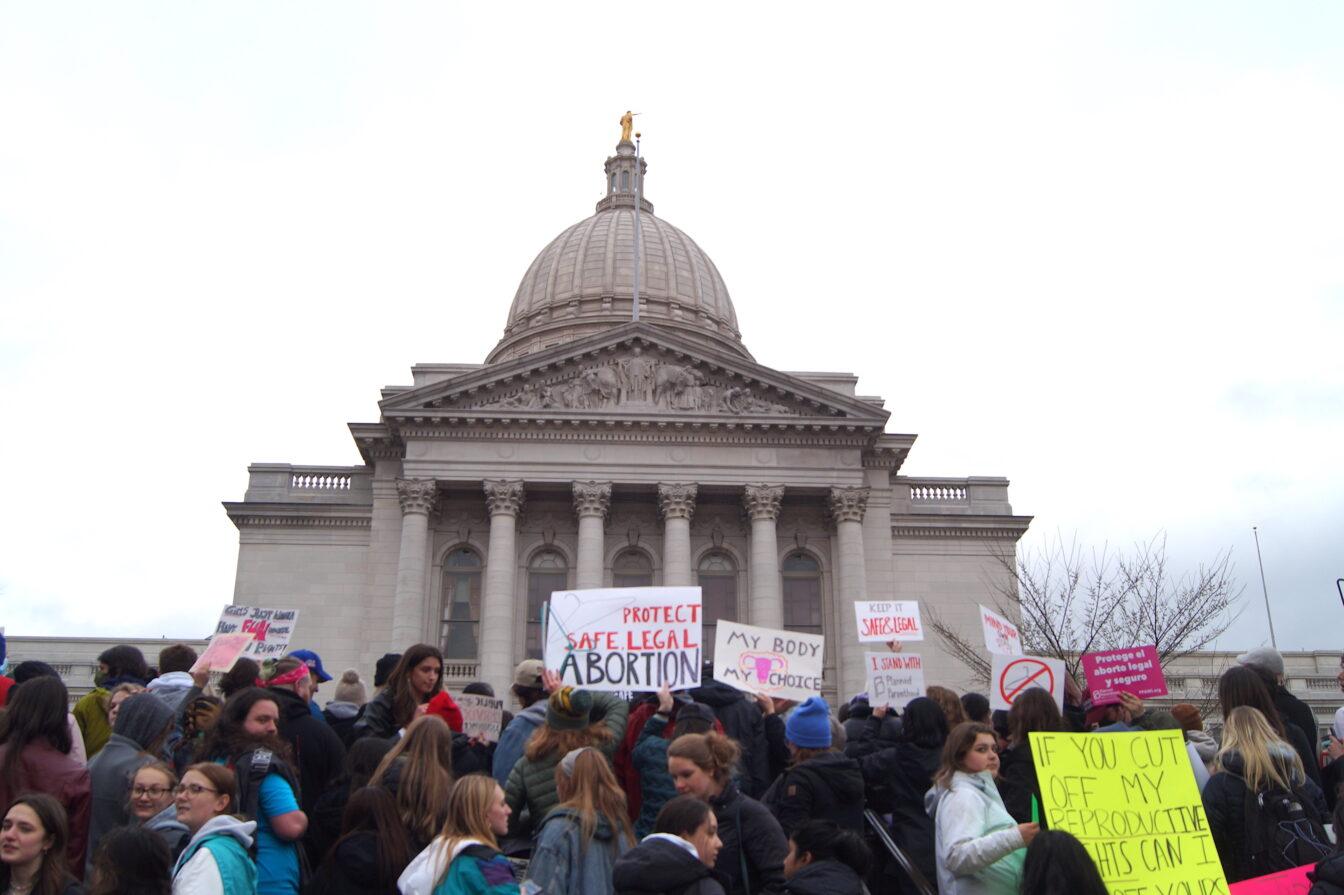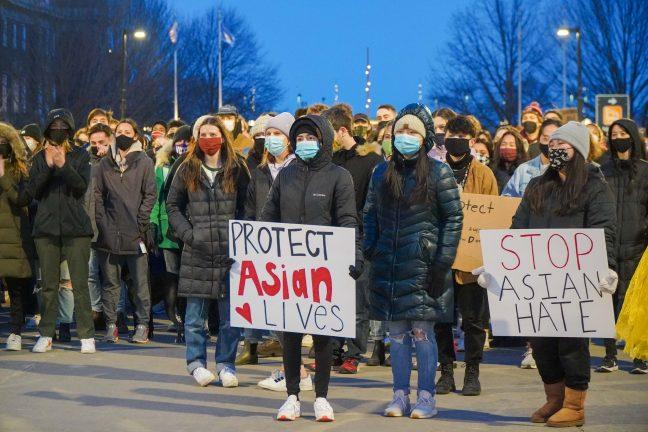Let’s be brutally honest. Things are pretty good right now in America. Our economy is booming, with the stock market at all-time highs. Unemployment remains relatively low, at 4.2 percent. Meanwhile, the Federal Reserve displays continued control over inflation which is hovering around two percent depending on the month. We are very safe — a terrorist attack at the hands of ISIS has not occurred in the United States for almost a year.
But, as citizens in a democratic republic, we will always complain. Yes, things could be better, and there are surely some things that we can improve upon. However, let’s just once be grateful for how well we are doing in 2017.
When we look back at history, the generations before the Millennial Generation have all faced severe hardships which formed them as generations for the rest of their lives.
The World War II generation, or “The Greatest Generation” as acclaimed by NBC anchor Tom Brokaw, suffered not only through the Great Depression, but also the bloodiest war the world has ever seen. In his book, Brokaw writes, “When the war ended, more than 12 million men and women put their uniforms aside and returned to civilian life. They went back to work at their old jobs or started small businesses; they became big-city cops and firemen; they finished their degrees or enrolled in college for the first time; they became schoolteachers.”
UW speaker discusses complex role of millennials in national politics
The Greatest Generation worked through the Great Depression and World War II with pride, equipping them with significant experience and maturity for the rest of their lives. They went on to raise the next generation — the Baby Boomers.
Easily one of the most scapegoated generations, the Baby Boomers deserve credit for their struggles. Many regarded growing up in Cold War America as an insecure experience. In fact, public schools in the ’50s and ’60s used to have nuclear bomb drills regularly, just as schools today have tornado, earthquake and fire drills. In addition to these “Duck and Cover” routines, America’s growing involvement in Vietnam in the mid-60s pulled many young Americans out of their lives and into military service. Several Baby Boomers protested the U.S. war effort in Vietnam and even attempted to flee military conscription. Still, the Baby Boomers endeavored through Vietnam to form hardworking values for the remainder of their lives.
Unlike The Greatest Generation and the Baby Boomers, Generation X did not experience a military draft and a war that killed a noticeable percentage of the populace in their generation. But, Gen X did live through the second half of the Cold War, military conflicts in the Middle East, and the greatest domestic attack on U.S. soil, 9/11.
Comparing Gen X, the Baby Boomers and The Greatest Generation to our current youth generation, millennials seem soft. We millennials protest and whine about the installation of gender-neutral bathrooms while some of our parents and grandparents protested a war in Vietnam. Meanwhile, the Greatest Generation never even protested World War II, knowing it was their obligation to step up and defend their country.
A letter to millennials: When it comes to honesty and action, we have work to do
As millennials, we grew up through the Great Recession in 2009, but many of us were too young to experience it in the same way that adults did. Since then, our economy has slowly bounced back. If trends continue, students currently studying here at UW will graduate with more opportunities available than ever before. Regarding defense, our military has slowly held off the Taliban, Al-Qaeda and ISIS — keeping our nation safe.
At the end of the day, our generation has been extremely blessed to avoid conflict that would shake its foundation. Instead of these large events like WWII, Vietnam or the conflict in the Middle East, millennials are allowing issues like gender neutral bathrooms, safe spaces and inclusivity to define us.
Previous generations have been defined by their bravery. This same bravery has shaped the nation we live in today. Instead of fighting for justice overseas, the Millennial Generation hides behind their screens on social media to fight for “social justice.” We need to put this in perspective. The meager issues we banter about today do not even come close to the life-or-death issues of generations past.
While millennials have not labored through a huge war, we will eventually face some sort of conflict. For better or for worse, this conflict will form us and teach us many valuable lessons which we will employ for the rest of our lives. Until then, let’s be thankful and remember the sacrifices of our ancestors.
If our generation continues down the road of treating trivial issues as the most important things, we must also ask ourselves what type of generation we intend to raise. Raising our children in a world of safe spaces will not prepare them for the challenges that they will inevitably face. So ask yourself, what sort of legacy do we want to leave behind?
Charlie Mueth ([email protected]) is a sophomore studying finance.














